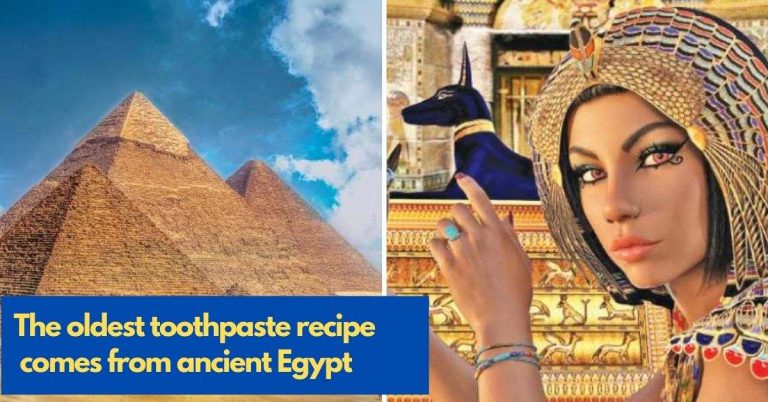What are the things that we are aware of in ancient Egyptians? They invented paper, mummified pharaohs, and created enigmatic pyramids’ secrets that the leading scientists in the world have not yet discovered. All of this, of course, is extremely fascinating, but there are several other details about Ancient Egypt, no less impressive. Ancient Egypt is one of the most reminiscent periods of history that schoolchildren learn about. But even now, thousands of years after the time, we are still learning new things about how people lived.
We have found some really interesting facts about ancient Egypts that they might not have taught you in school books nor showed you in Hollywood Blockbusters.
1. Pyramids were not built by slaves

All along we knew that Pyramids were built by slaves, but the historians state that Pyramids were rather built by skilled artisans and they even got paid for building this one among the seven wonderers. The idea that slaves built the pyramids at the crack of a whip was first conjured by the Greek historian Herodotus in the fifth century B.C., but most historians now dismiss it as myth.
2. Women in ancient Egypt had equal rights as men
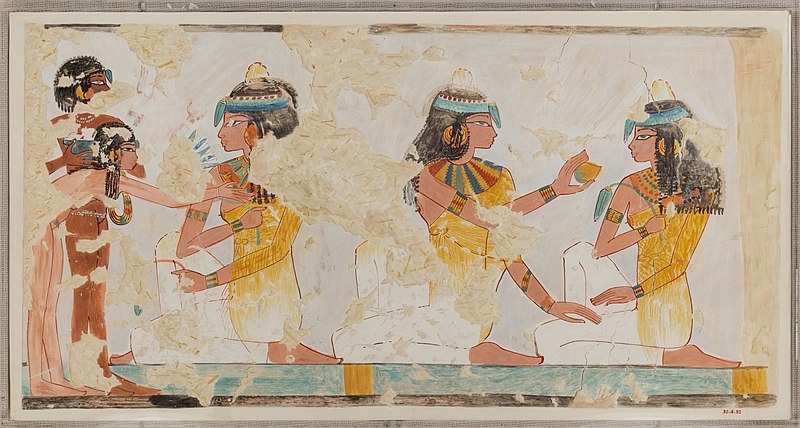
Whilst women in the world got equal rights as men after the women’s rights movement in the 19th century and the feminist movements during the 20th and 21st centuries, ancient Egyptian women enjoyed a wide range of rights as men way back these rights emerged in other societies. Women could own, earn, buy, sell, and inherit property. They could live unprotected by male guardians and, if widowed or divorced, could raise their own children.
They could bring cases before, and be punished by the law courts. And they were expected to deputize for an absent husband in matters of business. Egyptian women did not typically work outside the home, but those who did usually got paid equally for doing the same jobs as men. Unlike the women of ancient Greece, who were effectively owned by their husbands, Egyptian women also had the right to divorce and remarry.
3. Egypt was also ruled by women
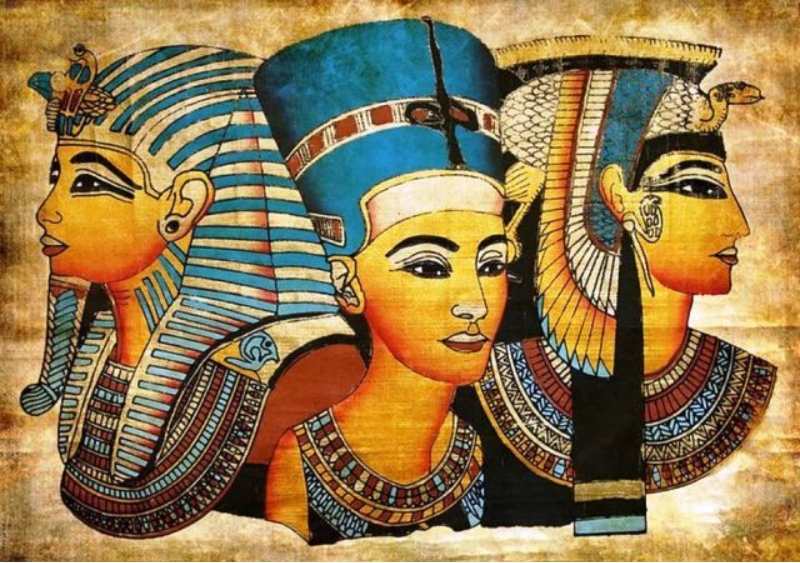
Talking about women’s rights in ancient Egypt, how can we not talk about women ruling Egypt. Some of the most powerful and important deities in the Egyptian pantheon were female, and the ancient Egyptians believed in the wisdom of female rulers. Some of the women rulers of Egypt were Merneith (c. 3200-2900 BC), Sobekneferu (r. 1806–1802 BC), Hatshepsut (r. 1578-1478 BC), Nefertiti (1370-1330 BC), Cleopatra VII (r. 51-12 BC).
4. A hippopotamus might have killed King Pharaoh Tutankhamen
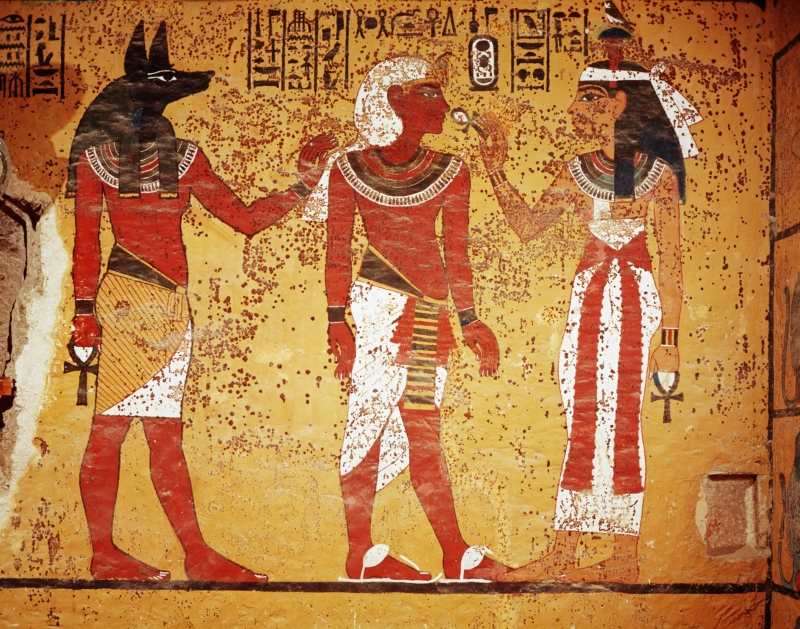
Surprisingly little is known about Pharaoh Tutankhamen’s life, however, some historians say they know how he died. Scans of the body of the young king suggest that without his heart or his chest wall, he was embalmed. This dramatic departure from typical Egyptian burial practice implies that before his death, he may have sustained a horrific injury. One of the most likely causes of this wound, according to a handful of Egyptologists, would have been a hippopotamus bite.
5. The oldest toothpaste recipe possibly comes from ancient Egypt
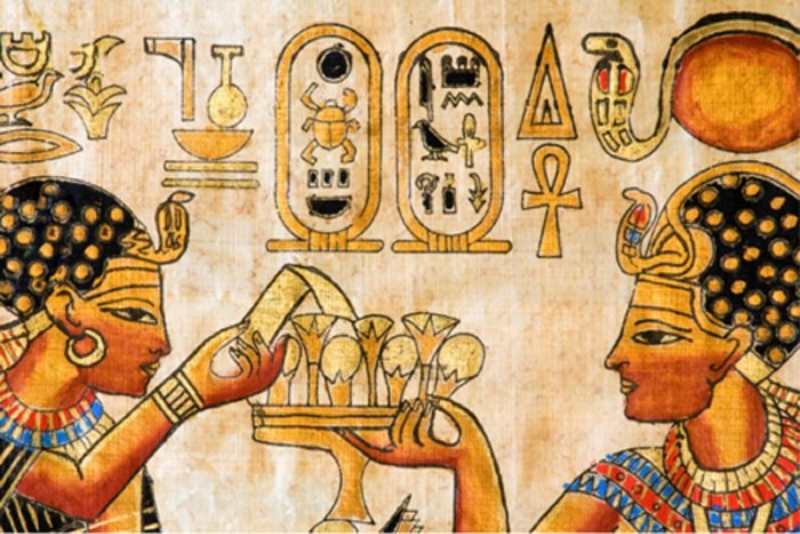
The oldest known toothpaste recipe in the world, unsurprisingly, comes from Egypt. To that end, a papyrus dating from around the 4th century AD contains the recipe for what the ancient scholar described as ‘white and perfect teeth powder’ that evolved into ‘clean toothpaste.’ And oddly enough the ingredients were written in black ink- a further innovation by the ancient Egyptians, incidentally.
6. Both men and women in ancient Egypt wore makeup
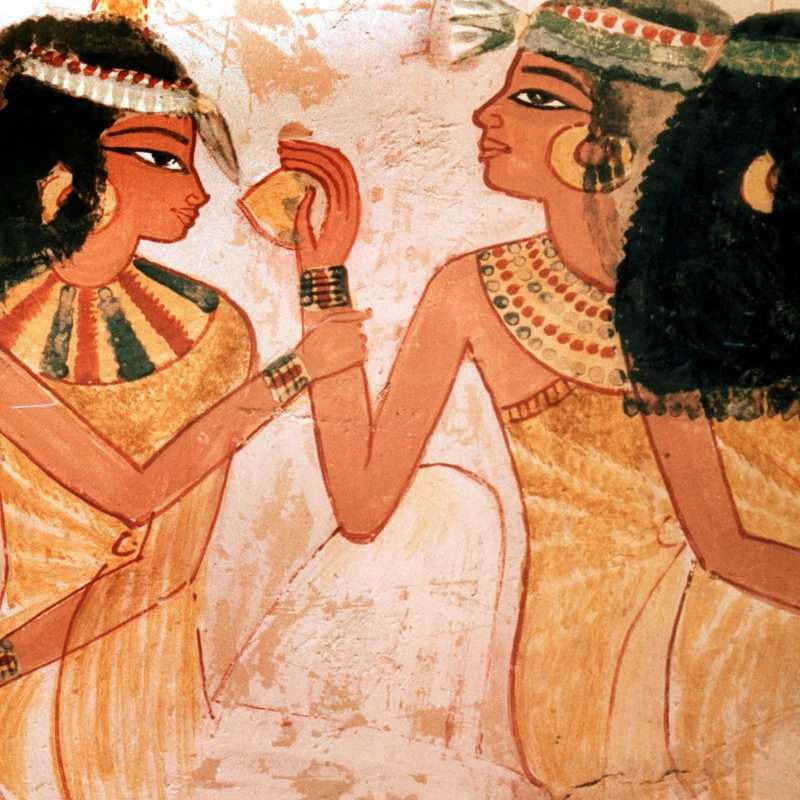
While we struggle to normalize boys wearing make-up in today’s era, ancient Egyptians did it long ago. The ancient Egyptians marked beauty as a sign of holiness. Everything they used had a spiritual aspect to it, including cosmetics.
Both men and women wore makeup. Traders traded makeup often, especially in the upper classes. In tombs, cosmetic palettes were found buried in gold with the deceased as grave goods. This says that the idea that cosmetics were not only used for aesthetic purposes but rather magical and religious purposes.
7. Cleopatra may not have been as beautiful as we know
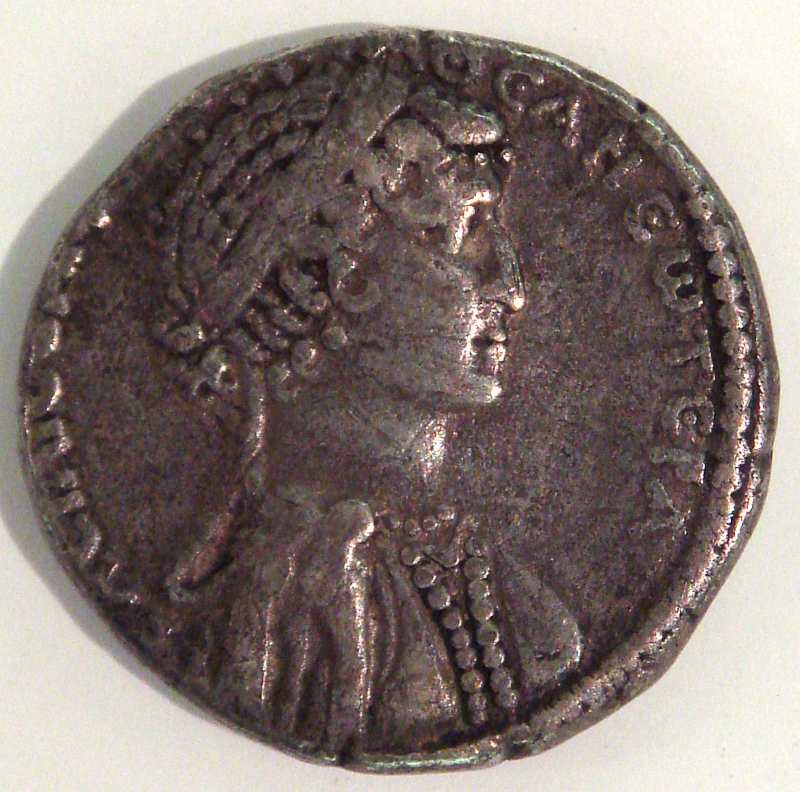
The last queen of ancient Egypt who won the hearts of Julius Caesar and Mark Antony, surely must have been an outstanding beauty right? But her coins says something else. All show a prominent nose, marked chin, and deep eyes.
But it is also important to keep in mind that ancient ideals of beauty were quite different from those of now. The allure of Cleopatra has nothing to do with her physical appearance, but a lot to do with her mind, character, and, surprisingly, with the sound of her voice. Something more than a beautiful young body must have been at stake if you know how deeply involved both Caesar and Antony were.
8. Ancient Egyptians invented board games
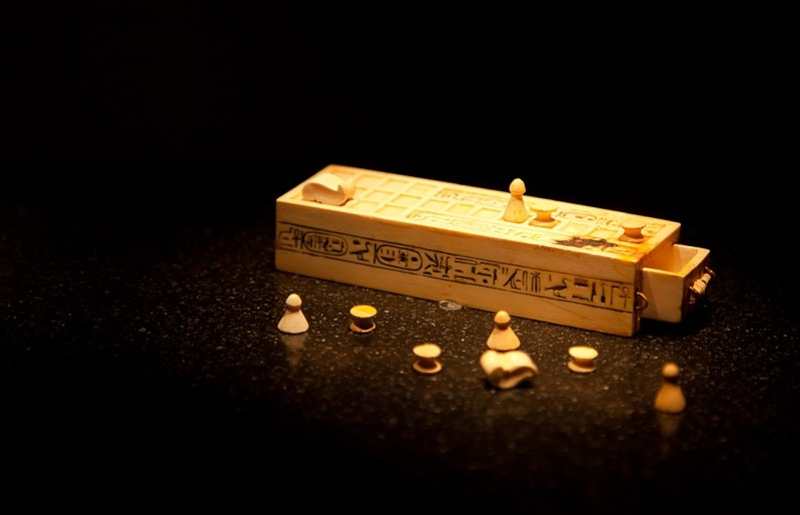
Ancient Egyptians loved playing board games. After a long day’s work along the Nile River, Egyptians often relaxed by playing board games. In fact, The earliest board game that we know about for sure, from Pre-dynastic Egypt, about 3000 BC. It’s a game called Senet. Several different games were also played, including “Mehen” and “Dogs and Jackals”.
9. Few Egyptian men married their sisters
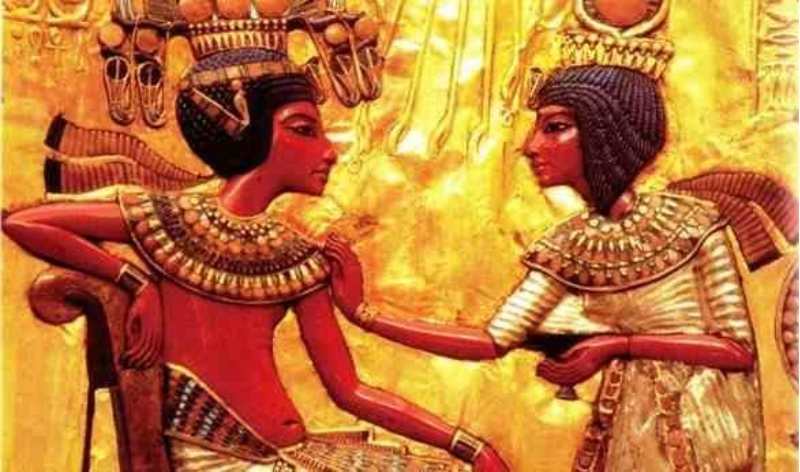
Yeah you read it right. Few Pharaoh married their sisters or half-sisters. These incestuous marriages ensured that the queen was trained in her duties from birth, and that she remained entirely loyal to her husband and their children. However, the brother-sister marriages were never compulsory, and some of Egypt’s most prominent queens – including Nefertiti – were of non-royal birth.
10. Cleopatra was not Egyptian

While she was born in Alexandria, Cleopatra was actually part of a long line of Greek Macedonians originally descended from Ptolemy I, one of Alexander the Great’s most trusted lieutenants. She was the last of the Macedonian Greek dynasty that ruled Egypt from the time of Alexander the Great’s death in 323 BCE to about 30 BCE. Cleopatra was famous for being one of the first members of the Ptolemaic dynasty to actually speak the Egyptian language.
Which fact was most surprising to you? Let us know in the comments.



